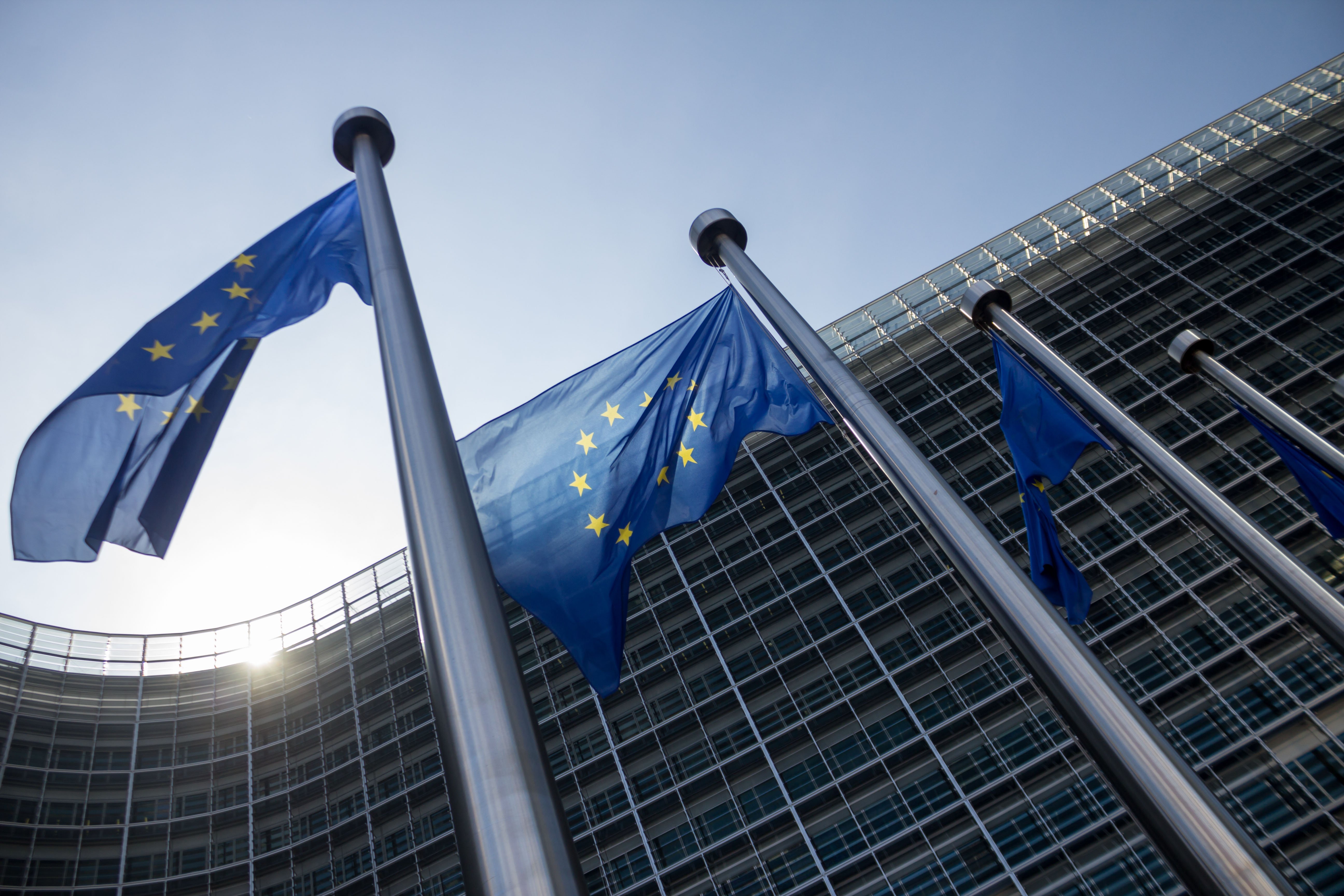- Mareike Deggelmann
- 26.01.26
- 3 min
- Funding advice, Agrifood, Bioeconomy
Your contact person
Dr Denise Ott
The European Supply Chain Directive (Corporate Due Diligence Directive, CSDDD) was published in the Official Journal of the European Union on 5 July 2024 and thus comes into force after 20 days. The member states now have two years to transpose the law into national law. In Germany, this will probably be achieved by amending the Supply Chain Act (Lieferkettensorgfaltspflichtengesetz, LkSG).
The directive is primarily intended to help improve corporate governance practices. The aim is to promote sustainable and responsible corporate behaviour. According to the CSDDD, companies must incorporate due diligence into all relevant areas of their corporate policy and risk management systems. They must implement procedures to identify risks related to human rights and environmental impacts in their own business activities, the business activities of their subsidiaries and in the value chain. If violations are identified, companies must take measures to prevent, mitigate, remedy or minimise the adverse impacts. The undertakings can be held liable for the damage caused and must pay full compensation.
On 15 March 2024, a majority of EU member states agreed on a compromise draft of the CSDDD. This adapted version is a softening of the first draft. On the one hand, the application criteria were adjusted with regard to net turnover (EUR 450 million instead of EUR 150 million) and the number of employees (1,000 instead of 500). On the other hand, the previously envisaged lower thresholds for high-risk sectors such as the textile industry, agriculture and mineral extraction have been cancelled. As a result of these changes, significantly fewer companies will be affected by the regulation. Instead, a gradual expansion of the target group is planned over an implementation period of three to five years. This will depend on the global net turnover and the number of employees.
The CSDDD is applied to the following categories of companies:
I. Large EU companies with limited liability and partnerships
|
|
II. Large non-EU companies
|
The companies mentioned above must also publish an annual report on compliance with due diligence obligations on their website on a staggered basis and at the earliest for financial years beginning on or after 1 January 2028.
|
III. Small and medium-sized enterprises (SMEs) Micro-enterprises and SMEs are not affected by the proposed regulations. However, the directive provides supporting measures for SMEs that could be indirectly affected as business partners in value chains. |

Quick reminder: The German Supply Chain Act has applied to companies with more than 3,000 employees since 2023 and to those with more than 1,000 employees from 2024.
The company's net turnover is not covered by the requirements for the scope of application.
The directive is intended to establish binding, transnational regulations to live the community of values of the European internal market in a sustainable and standardised manner and to actively pursue the protection of human rights and the environment in the supply chain. Conceptually, the CSDDD is based on the German LkSG, but contains significant changes, particularly in the environmental area.
In certain aspects, the new CSDDD regulation exceeds the LkSG. The main differences are:The upcoming transposition into German law will have an impact on the German LkSG, which must be amended by mid-2026. In addition, there are apparently discussions as to whether the LkSG, which is perceived by companies as an enormous bureaucratic burden, should be weakened or even suspended in certain areas until the CSDDD is implemented. No further information is currently available.
Detailed information can be found here:
Check to what extent your company could be covered by the scope of the Corporate Sustainability Due Diligence Directive!
Keep up to date with the latest developments and the status of CSDDD implementation in national law: Use the information and handouts from the Federal Office of Economics and Export Control (BAFA), for example.
Would you like to find out more or would you like advice for your specific case? Then do not hesitate to contact us.
Text: Olga Schmidt, Daria Ezhkova

Your contact person
Dr Denise Ott
EurA AG
T- 079619256-0Max-Eyth-Straße 2
73479 Ellwangen
info@eura-ag.com